Djibouti has a 314km seafront, stretching from the Red Sea to the Indian Ocean, passing through the Strait of Bab-el-Mandeb. Given its strategic location, the coast serves as a commercial gateway between the Arabian Peninsula, the internal region of the African Horn and the Strait. It is considered to be the ultimate logistics solution for the international transport of oil in this region.
Since the early 1990s, acts of piracy and attempted attacks on ships in the Gulf of Aden have posed a real threat to international shipping. In 2008, with the authorization of the United Nations Security Council, more than 20 countries and international organizations, including China, sent warships to the Gulf of Aden to combat piracy and escort merchant ships.
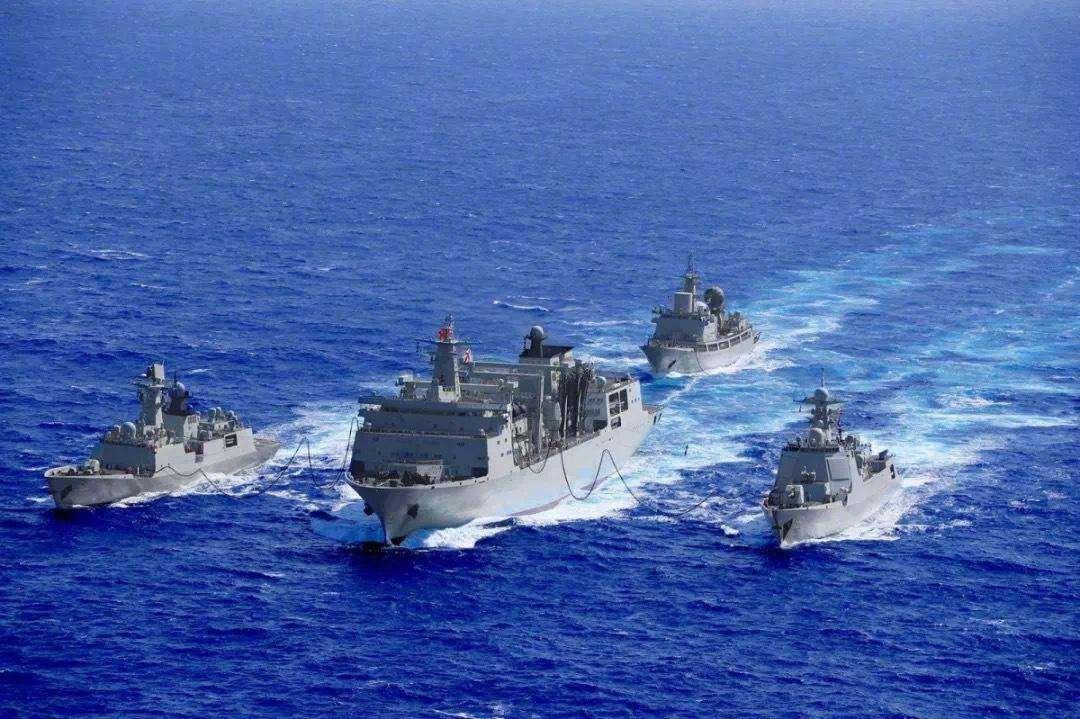
Thanks to its natural advantages and political stability, Djibouti has thus become the ideal mooring and supply point for this international naval force. The Chinese People's Liberation Army (PLA) support base in Djibouti is China's first overseas naval base. The base mainly provides logistical support to Chinese ships, but also to African peacekeepers.
In August 2014, a Chinese group won the first phase of the tender for the construction of the multipurpose port of Doraleh. This port aims to modernize the port infrastructure of Djibouti and to build a regional shipping and logistics center. The QT group contributed to this project by building three large-scale seawater desalination units. The continuous flow of fresh water produced by the fastRO® containerized desalination system helped to guarantee a continuous supply of potable water and construction site water throughout the duration of the project.
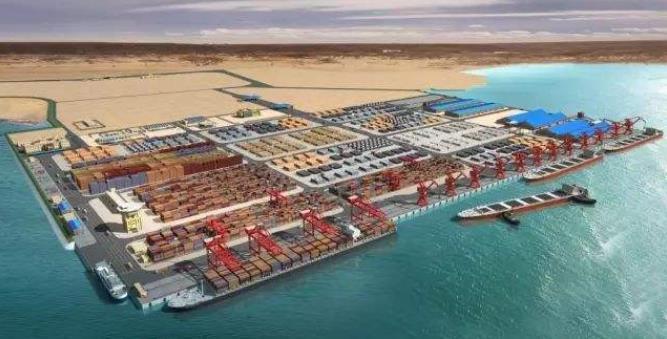
Djibouti does not have perennial rivers on its territory, without neglecting the fact that its average annual rainfall is only 133mm and its annual evaporation reaches 2,300mm. Also, the Assal and Abbé lakes which occupy nearly 2,000 square kilometers are known to be salt lakes. All these factors have resulted in total renewable water resources per inhabitant well below the international standard which is 500 cubic meters per inhabitant, the country is experiencing an extreme water shortage.
Because of these natural difficulties, and the deadlines granted for the completion of the works, the Chinese construction group called on the QT group to provide a quick solution in order to guarantee the supply of site water as well as in potable water.
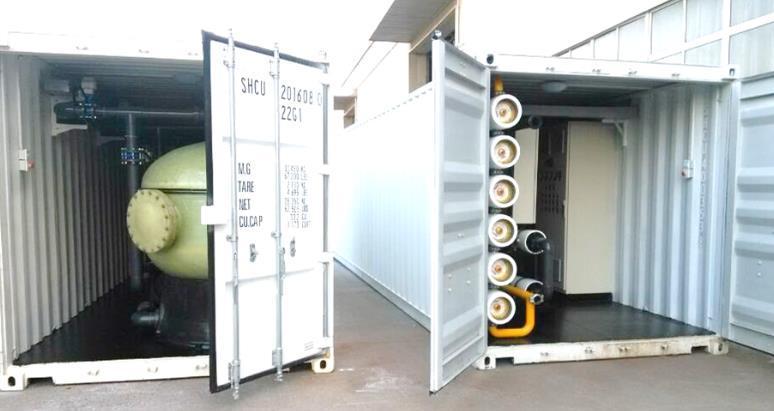
Indeed, Mr. Wang Qiang, project manager of the QT group and responsible for the commissioning of the project said: "Given the time constraints, and in order to reduce the time of the installation and commissioning, the fastRO® C180 and C240 series desalination containers used in this project, were fully assembled in our factory in Suzhou, China. Once the containers arrived to the production site, we just needed to connect the piping, and after a simple adjustment of the remote management system, the commissioning was complete. ”
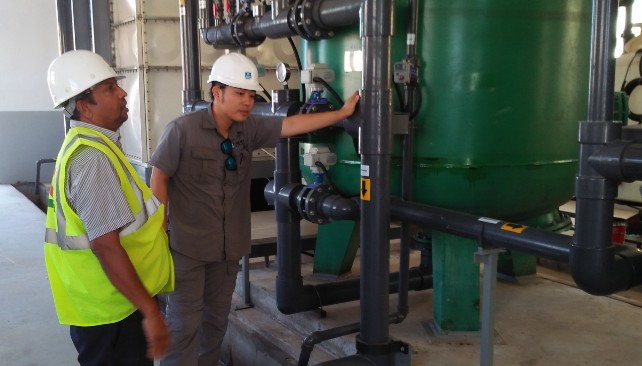
Mr. Wang Qiang also added that: “A large quantity of concrete is necessary for the construction of buildings, roads and the barracks, the site water produced by fastRO® constituted a major component in the concrete mixture. As members of the QT group installation team, we were all very proud to participate in the construction of China’s first overseas naval base, thereby contributing to peace efforts in the region. "
Regarding the supply of drinking water, the support base of the People's Liberation Army in Djibouti occupies an area of 500 acres (202.34 ha), with office buildings, dormitories, canteens, playgrounds, training grounds and arsenals of weapons among other facilities. Providing stable drinking water resources is therefore imperative to maintain the various activities. For better flexibility, the base opted for a fastRO® container desalination system, which, if necessary, could easily be transported to other locations near by the ocean, installed and used quickly without having to resort to heavy and costly civil construction operations.
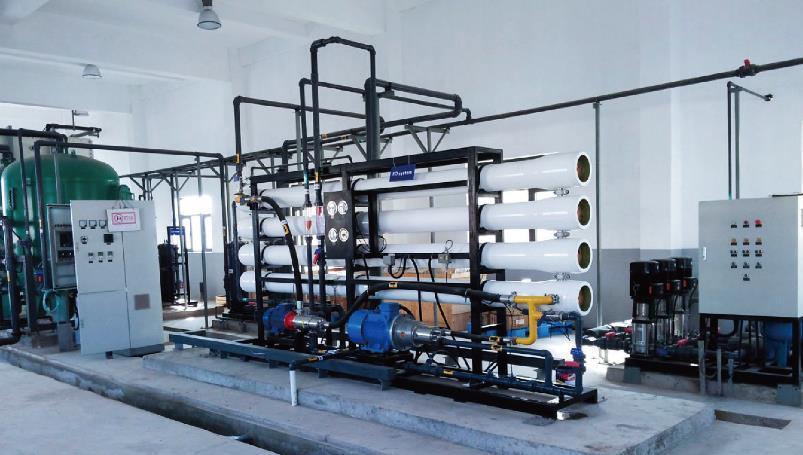
In parallel, at the civilian port of Djibouti next to the support base, QT also built a seawater desalination unit with a daily production of 180 m3/day and completed training in operation and maintenance for local staff.
The three desalination projects mentioned above have been operating reliably in Djibouti for more than two years, without any problems or interruptions, and are highly appreciated by both our industrial customers and end users.
Recommendation
- Desalination Units Near Completion: 500–1,000 TPD Systems Available for Immediate Deployment
- Happy New Year 2026
- QT Group Joins Forces to Protect the Yangtze Finless Porpoise
- 1000TPD Containerized SWRO Plant is prepared to Spain
- QT Enviro-Tech Delivers 1MLD Containerized Seawater Desalination System to Maldives
- OARO Plant (BCRO): A Smarter, Energy-Efficient Desalination Solution
- 100M3/Day Containerized SWRO Pilot Desalination Plant, Donated for Testing in Morocco
- Good News Mauritania fishing port project selected for 2022 National High-Quality Project Award.
- Desalination of deep groundwater for freshwater supplies
- Desalination of brackish groundwater to improve water quality and water supply
